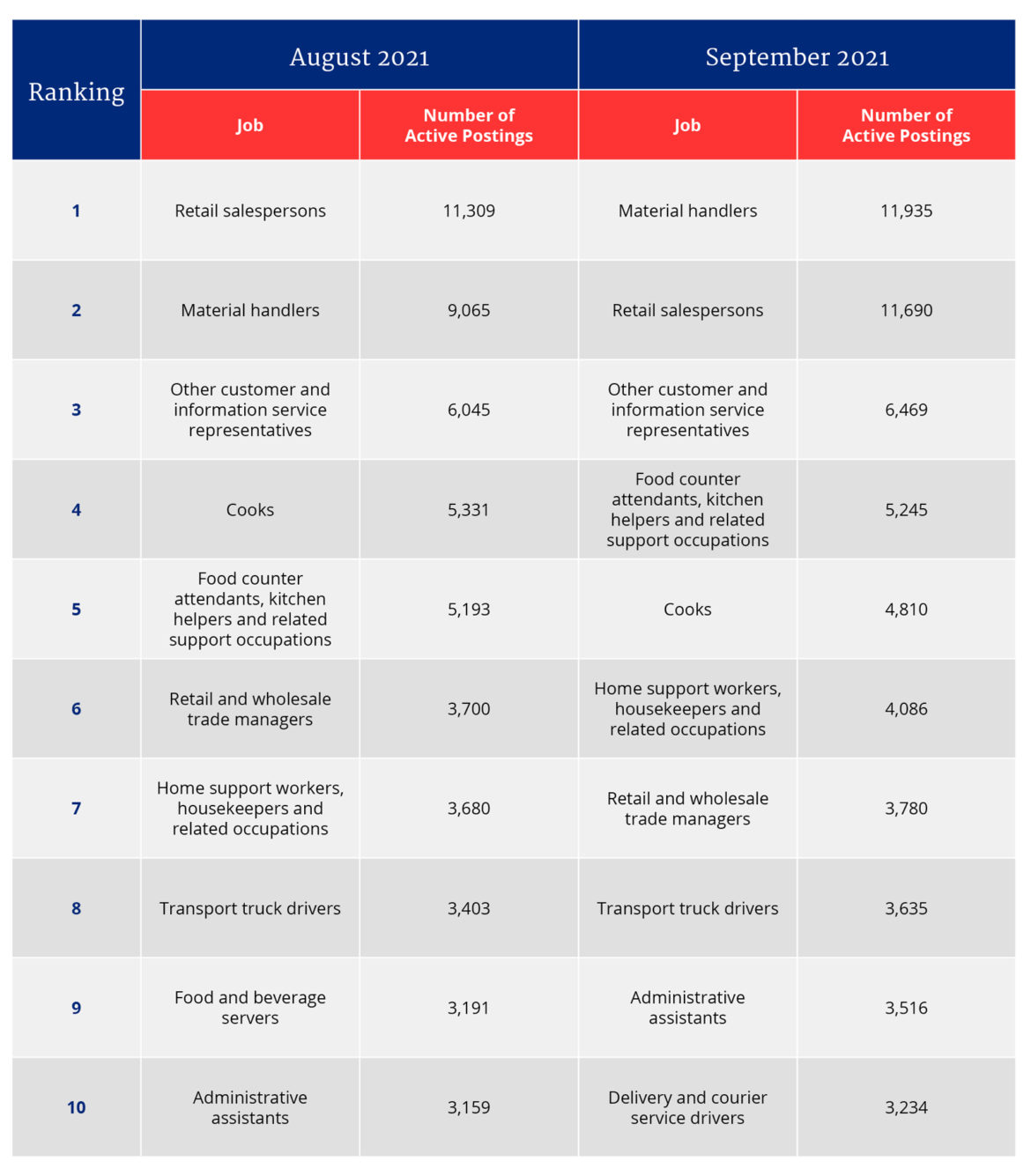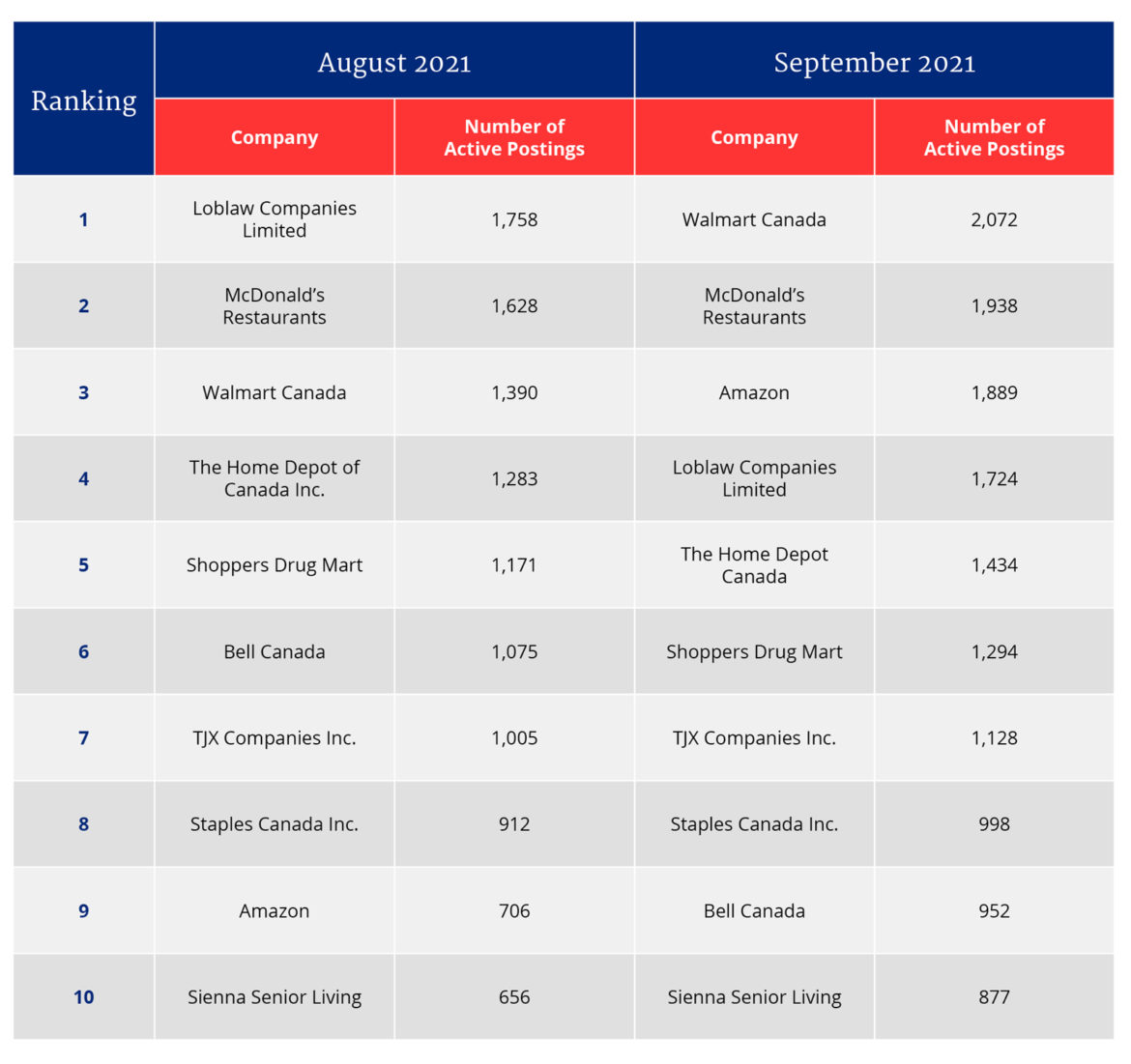We hear a lot in our media and politics about jobs, unemployment, and wages. But our ability to understand what is actually happening in the labour market—particularly at the regional or local level—can be impeded by lack of access to real-time data. The risk is that businesses, unions, workers, and policymakers are operating a bit in the dark.
Our team at Workforce WindsorEssex has sought to bring light to these questions with WE Data Tools. In a nutshell, WE Data Tools collects job postings from across the web and consolidates, deduplicates, and aggregates them in a searchable database for jobseekers in our region and, increasingly, across the province.
Although the WE Data Tool’s primary purpose is to make job searches easier for jobseekers, a secondary benefit is it can provide rich, real-time data on labour market trends, including which employers are hiring and which jobs are most in-demand.
Using WE Data Tools, workforce planning boards in 24 of 26 regions across Ontario (excluding the City of Toronto and the far north-eastern region) collect job posting data from more than 250 job boards across the web. This aggregated job posting data is then sorted into the National Occupational Classification (or NOC—Canada’s system for classifying occupations, notably the 2016 version) for analysis.
We are pleased to partner with The Hub to produce monthly reports tracking these trends across most of Ontario. Although the data excludes some parts of the province and doesn’t cover the rest of the country, it can illuminate what’s happening in our labour markets on a month-to-month basis.
In the month of September 2021, there were more than 175,000 unique job postings across the 24 regions. The employers and jobs that are most in demand may surprise readers.
According to data collected from unique job postings in September 2021, the 10 most in-demand occupations were (compared to August 2021) as follows:

As for which companies were largely responsible for hiring in the month of September 2021, the data mainly illuminates the role of large, well-established employers. The top 10 companies hiring were (compared to August 2021) as follows:

More generally, a temporary spike in unemployment caused by pandemic-induced restrictions masked the labour shortages that we were facing before the pandemic and will continue to have as we exit the pandemic. The data tells us that those shortages are once again were expressing themselves.
Some people have used the pandemic as a time to change careers or reconsider their line of work in exchange for occupations that offer more stable workweeks or carry less risk in a pandemic setting (such as remote office work instead of face-to-face with customers in a restaurant or retail setting). As the pandemic gradually subsides in Ontario, we’re reminded that the major, long-term challenge in the province, and elsewhere, isn’t that there are not enough jobs—it’s that there are too few workers. As fall approaches, many industries will be able to resume business more fully and need to hire new talent. We’ll have to see next month if we see this ongoing trend reflected in another rise in job postings.
For more information about Workforce WindsorEssex and their valuable LMI, please visit workforcewindsoressex.com.
Recommended for You

Sean Speer: Pierre Poilievre is right to favour pro-worker policies over increasing immigration

Women’s economic outcomes are improving—but what’s happening with men?

Renze Nauta: Nearly seven million Canadians are in the working class. Their growing struggles deserve the spotlight

Need to Know: Canada is back in Donald Trump’s sights



